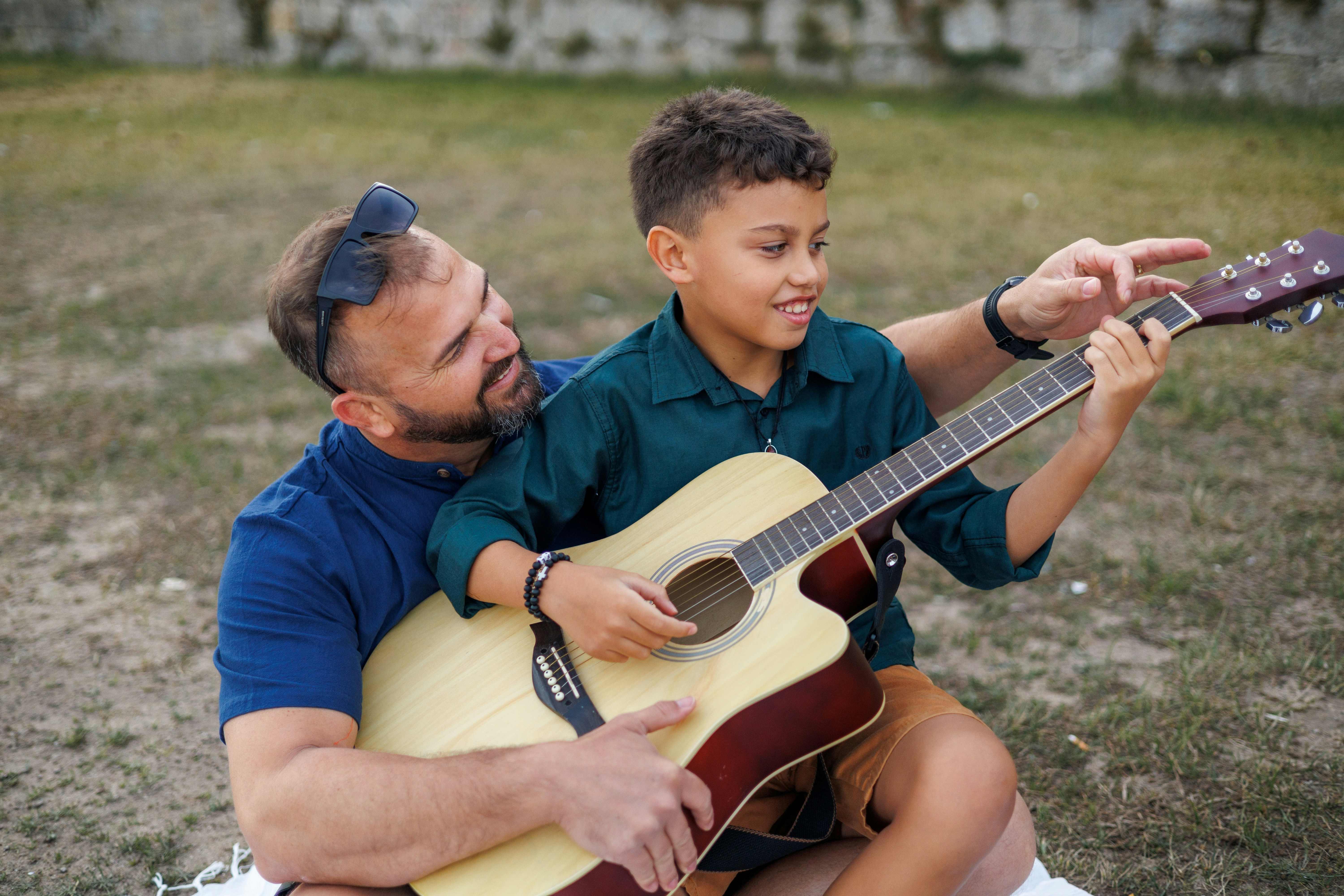Tag: resources
-
Ep. 209: Making Music Practice Easier – Support, Strategy, and Joy; with Barbie Wong

Wish your child loved practicing music—or at least didn’t dread it? Music educator Barbie Wong shares simple, research-backed strategies to make music practice easier, more joyful, and effective. Barbie is founder of Musical Nest, a vibrant community supporting teachers and parents in inspiring kids to make music. Access tips, tools, and solutions to nurture musical…
-
Micro 34: Musical Adventures Beyond the Lesson – Creative Ways to Explore Music

Music learning takes place in many forms and contexts. Discover fun, diverse, unique ways to spark curiosity and creativity. From captivating books and movies to educational podcasts and interactive activities, this resource listing provides a foundation for your child’s (or your own!) unique musical journey while also encouraging you to come up with your own…
-
Micro 32: Not Just Music: 5 Podcasts That Fuel My Whole Life

This listener-inspired micro episode is a celebration of holistic cross-training—not for your muscles, but for your life. Just as music thrives on harmony and balance, so do we. I’m sharing my top 5 favorite podcasts across different areas of life—from health and spirituality to productivity and news—all of which support my personal rhythm and help…
-
Ep. 205: Music as a Tool for Suicide Awareness, Prevention, and Intervention; with Bryan Kohl

Music has the power to heal, to connect, and even to save lives. In this episode, we explore how music is being used as a powerful tool in suicide prevention. My guest, Bryan Kohl, shares how artists, organizations, and everyday people are leveraging music to raise awareness, break the stigma, and offer hope. Find encouragement…
-
Ep. 201: Breathe Bravely – Defying a Diagnosis through Singing; with Ashley Ballou-Bonnema

Discover how singing can be a lifeline, path to healing, and vital health indicator for those living with cystic fibrosis. Ashley Ballou-Bonnema is a professional vocalist, teacher, and writer whose own experience with singing and CF was transformational. Ashley founded the non-profit organization, Breathe Bravely, to help others combat the effects of CF and progressive…
-
Ep. 199: Arts on Prescription – Thrive with the latest wellness toolkit and unveil a healthier path for you and your community; with Tasha Golden, PhD (re-run)

Scientific evidence supports the health benefits of the arts and neuroaesthetics. The Arts on Prescription model provides the infrastructure to allow arts activities (such as a concert) to be prescribed by your healthcare provider as part of your wellness plan. At the forefront of this model is Dr. Tasha Golden, who co-authored a groundbreaking guide…
